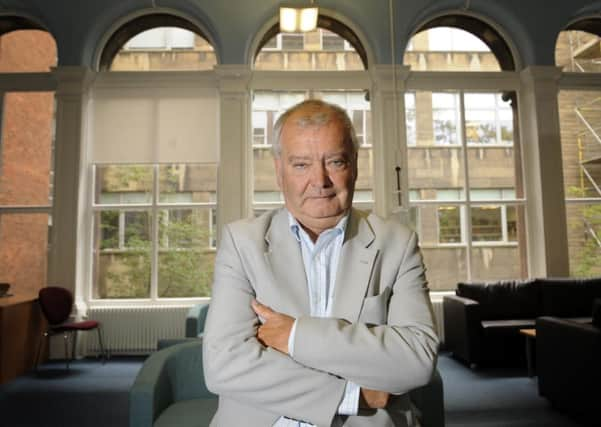Divided by faith: religion under the microscope


The Scottish Religious Cultures Network is led by experts at the University of Glasgow launches today (5 March) and will bring together university academics working in religion and religious cultures from across Scotland. Funded by the Royal Society of Edinburgh, the project will to track how religion influences our lives on a day to day level, covering such areas as sectarianism, politics, the law, individual and corporate identities.
Dr Scott Spurlock, who is coordinating the network, said: “Society is usually perceived as becoming more secular but we believe there is slightly more to it than that. Religion still underpins Scottish culture on a fundamental level, profoundly influencing our nation’s legal and political institutions.
Advertisement
Hide AdAdvertisement
Hide Ad“The historical legacy of religion in Scotland continues to be understudied. This in turn has allowed popular myths to persist and has perpetuated social divisions. These manifest themselves in mistrust, discrimination and sometimes violence.”
“This network seeks to deal directly with the role of religion as a formative and yet divisive force in Scottish society and highlight its positive and negative functions in the development of the nation’s culture.”
Tom Devine, Personal Senior Research Chair of History; Scottish History, University of Edinburgh, will mark the launch with a public talk entitled: ‘Sectarianism in Scotland: Is it really a problem?’ at the University of Glasgow, on 5 March, 19:00-21:00. His talk will attempt to advance some reasons for why sectarianism remains rooted in Scottish society and raise the question of whether sectarianism actually is a persisting problem in 21st century Scotland.